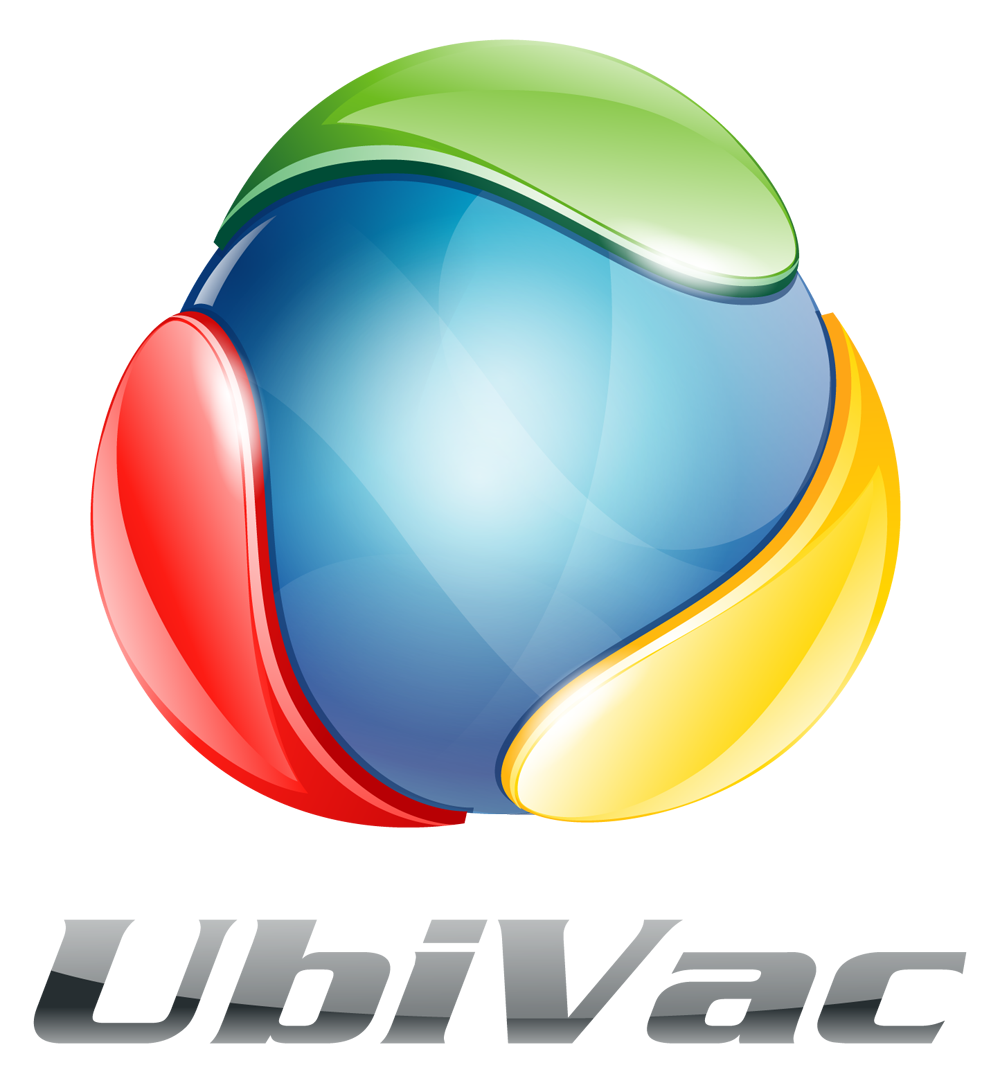Positive Immune Response Data for Patients Receiving DPV-001 Presented by UbiVac at Society for Immunotherapy of Cancer Meeting
Washington, D.C.—UbiVac, www.ubivac.com, a private, clinical-stage immuno-oncology company with a vaccine that educates the immune system to recognize and destroy cancer, is presenting new data at the 31st Annual meeting of the Society for Immunotherapy of Cancer (SITC) November 9-13 in National Harbor, Maryland. UbiVac presentations are detailing results of its adjuvant clinical trial in non-small cell lung cancer (NSCLC), the most common type of lung cancer, and efforts to develop a combination immunotherapy for anaplastic thyroid cancer.
Dr. Christopher Paustian, a scientist at UbiVac, is presenting preliminary results documenting the ability of UbiVac’s DRibble® cancer vaccine, DPV-001, to induce CD4 and CD8 T cell immunity. “These are important data that also correlate with our findings in preclinical animal models,” Dr. Bernard Fox, UbiVac co-founder and CEO, said. “The field has been looking for a means to generate this type of anti-cancer T cell immunity and now we have early data confirming that the DRibble® vaccine does that in patients with NSCLC.”
Also at the SITC conference, Tarsem Moudgil, a scientist at the Earle A. Chiles Research Institute (EACRI) located within the Providence Cancer Center in Portland, Oregon, is summarizing efforts to characterize the immune response generated against thyroid cancers and the collaborative effort with UbiVac to develop a DRibble® vaccine for patients with this particular type of cancer. Anaplastic thyroid cancer, while rare, is highly aggressive and represents an unmet medical need.
In addition, Tyler Hulett, an Oregon Health and Science University PhD student working at the Earle A. Chiles Research Institute is receiving a SITC award for his presentation showing that mice receiving the DRibble® cancer vaccine induced CD8 T cell responses against both mutated and non-mutated epitopes, and providing examples of how T cells against both types of epitopes can recognize cancer cells.
“This is further documentation that UbiVac’s DRibble® platform technology induces T cell immunity against cancer,” said Dr. Hong-Ming Hu, UbiVac co-founder and CSO. “This information firmly supports the clinical application of DRibble® vaccines for the majority of patients with cancer who lack anti-cancer immunity”.
UbiVac’s DRibble technology has been formulated as the ideal companion for combination immunotherapy, and is complimentary to the pipelines of major pharmaceutical companies currently developing immuno-oncology therapies. In addition to the phase II trial in NSCLC, UbiVac’s technology already is in a clinical trial for men with prostate cancer and will soon open a trial for patients with breast cancer. UbiVac recently expanded its laboratory and office facilities in Portland, Oregon with a second location that provides more than 15,000 square feet for manufacturing and staff additions necessary to make further advance the company’s technology.
Award Number R44CA121612 from the National Cancer Institute supported the research and clinical trial of DPV-001 in patients with NSCLC.
Contact: Patricia Pearson, [email protected]
UbiVac is a clinical stage Immuno-Ongology company engaged in development of immunotherapies to combat cancer. UbiVac’s DPV-001 is currently in a Phase II randomized multi-center adjuvant study for non-small cell lung cancer. UbiVac has ongoing preclinical and discovery programs using DRibble, nanoparticles and spread-defective Cytomegalovirus (sdCMV). Founded in Portland, Ore. in 2005 by Drs. Bernard A. Fox and Hong Ming Hu, UbiVac is a spinout of the Robert W. Franz Cancer Research Center, Earle A. Chiles Research Institute at Providence Portland Medical Center. In 2011 UbiVac, in cooperation with Oregon Health & Science University (OHSU), created UbiVac CMV to license sdCMV.
The Society for Immunotherapy of Cancer (SITC), is the world’s leading member-driven organization dedicated to professionals in the field of cancer immunotherapy. Its annual meeting assembles influential leaders including than 2,500 experts in basic, clinical and translational cancer immunotherapy research and clinical care, as well as nurses, pharmacists, interested patients and patient advocacy organizations.
